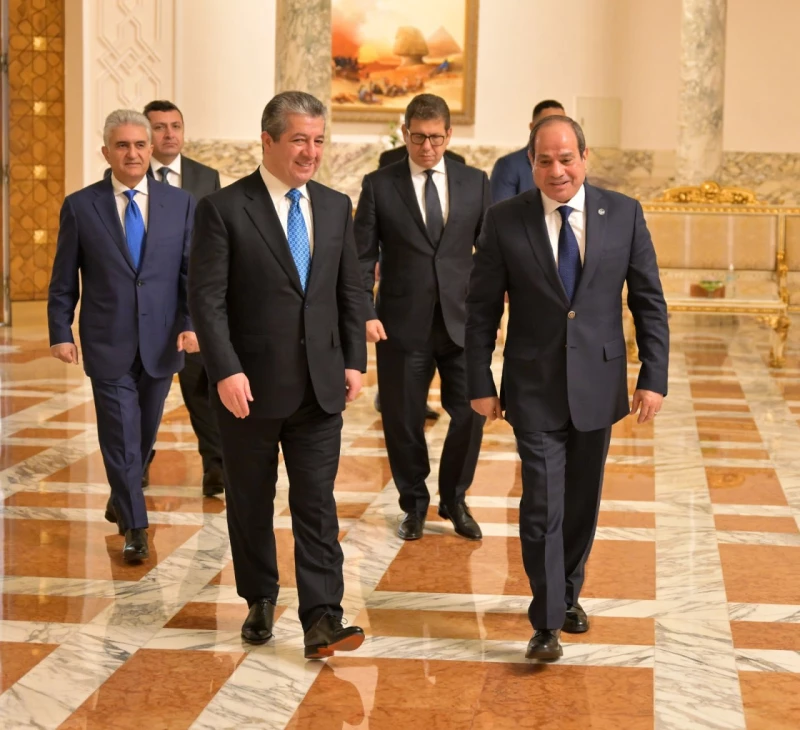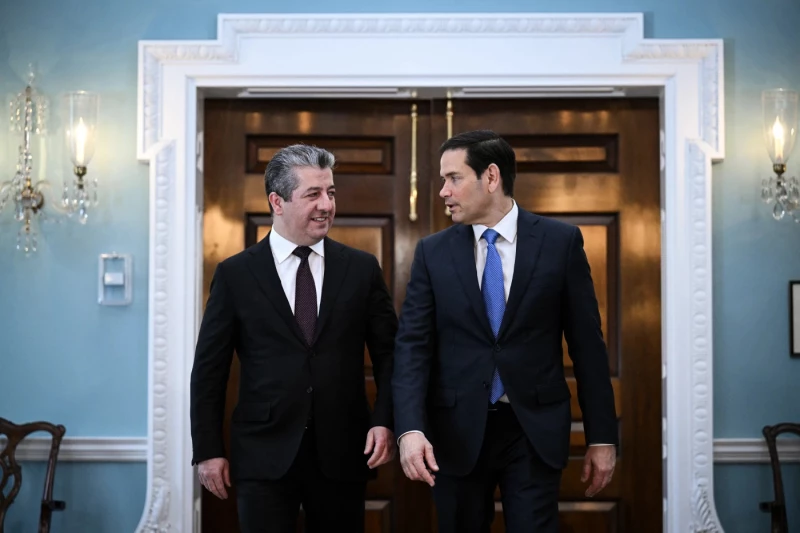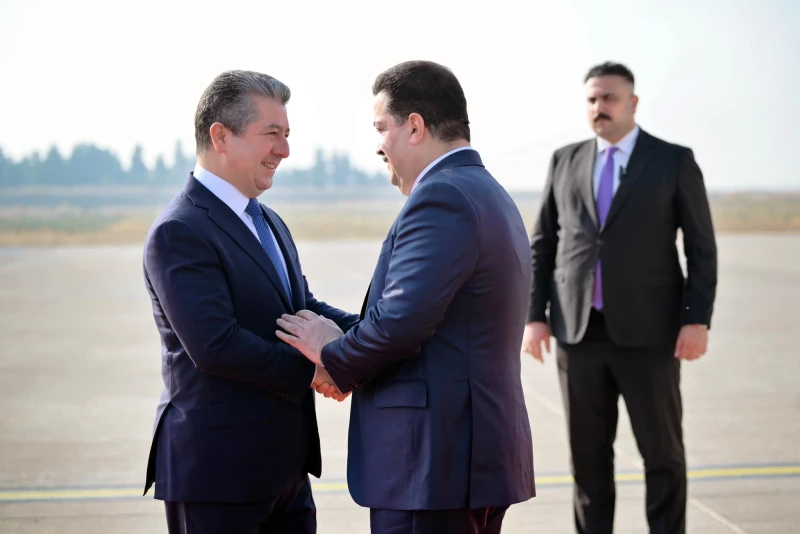The ruling Kurdistan Democratic Party (KDP) emerged the main victor of the Kurdistan Region’s October 20 elections, standing ahead of its closest competitor by over 400,000 votes and soon naming current Prime Minister Masrour Barzani as their pick to lead the tenth cabinet of the Kurdistan Regional Government (KRG).
The days leading up to the elections were very heated in the Region as political parties organized rallies across the provinces. But while some focused their campaigns on talking to the population about plans of developments and improvement, others took it as an opportunity to criticize the government and preaching for its destruction.
When monitoring the election campaigns of every single political party leading up to October 20, what was evidently clear was that the KDP was the only party promising more development in the Region, and the only one who actually had the grounds to back up their claims.
Actions speak louder than words. Regardless of what political leaders were saying in their campaign speeches, the facts speak for themselves when examining what has actually been done during Barzani’s tenure as prime minister.
According to data obtained from the KRG, between July 2019 to September 2024, a total of 977 factories, with a budget of 1.1 billion dollars, were licensed across the Kurdistan Region. They have altogether helped create 15,245 jobs for people in different parts of the Region.
In addition to those factories, the ninth cabinet carried out 430 projects, including 185 in Erbil, 94 in Sulaimani, 84 in Duhok, five in Halabja, 24 in Garmiyan administration, 15 in Raparin administration, 15 in Zakho administration, and eight in Soran administration between 2019 and 2024.
The projects were across the sectors of trade, banks, health, industry, tourism, agriculture and housing.
Other praise-worthy achievements during Barzani’s tenure have been his push for digitalization - which paved the way to the crucial MyAccount Initiative -, the provision of constant electricity to people, and above all, the increasing focus on combating the effects of climate change.
While most of the projects under Barzani’s cabinet were focused on improving the livelihood of the people of the Kurdistan Region, what can also be observed is that a large number of his projects were very much future-oriented and would act as the basis of building a stronger infrastructure for the Kurdistan Region.
Located in the north of Iraq, a country categorized by the United Nations as the fifth country most affected by climate change, the Kurdistan Region, under Barzani’s leadership, has now taken necessary steps to combat such effects.
During Barzani’s tenure, eight dams were completed in the Kurdistan Region. The Gomaspan dam was the latest that Barzani inaugurated. The dam, the third largest in the Region, has a storage capacity of around 100 million cubic meters and is set to provide water for 16,000 square meters of agricultural land and foster the development of fish farming.
Several ponds have been built during his tenure, and with these, the Kurdistan Region could potentially call water shortage an issue of the past.
These projects do not only help the Region achieve water security but set the foundation for it to become a more attractive tourist destination.
The enormous development the Kurdistan Region has traversed through during Barzani’s tenure places the antagonism towards his cabinet by other political parties into question.
Could it be that the people standing against him are also against the development of the Kurdistan Region? Perhaps they are also against the fact that the Region has become a center for foreign investment, stability, and coexistence.
Among Barzani’s strongest critics during the election rallies was Patriotic Union of Kurdistan (PUK) leader Bafel Talabani, whose party came second at the ballot box despite falling 400,000 votes short of the KDP.
Talabani would boast about putting an end to Barzani’s rule, at times even using provocative language and dedicating his election campaign around the idea of “destroying” the current government.
Ironically enough, Talabani’s own brother and senior PUK member, Qubad Talabani, has been Barzani’s deputy in the government over the past few years and has taken part in decisions made by the Council of Ministers, which also consists of several ministers appointed by the now anti-government PUK.
Naturally, many wondered during the election campaign why did the deputy prime minister not step down if the PUK is so against the cabinet?
But despite all the antagonism, the KDP and Barzani maintained their stance. They were committed to further serving the Kurdistan Region and work toward further development in their election campaign.
This took me back to when I first moved to Erbil four years ago. At the time, as a youth of the Kurdistan Region, I was seeking development, better opportunities, and above all, a better future.
I found all of this in Erbil.
The city soon became home to me, and has become home to many like myself who were seeking a better life in a developed Kurdistan Region.
The KDP, after five years of Barzani leading the government, this time around became an even more popular party. Their votes increased immensely despite all the antagonism and crises that the Region faced, including the Coronavirus, economic sanctions from Baghdad, and at times even missile and drone attacks on its territory.
This naturally begs for one explanation: Perhaps the people have finally realized who is here to serve and who is not. Perhaps this time, people decided that Barzani’s vision would best serve the Kurdistan Region, and another four years of him as prime minister would only mean that the Region would head towards more prosperity.
This is also perhaps why the KDP is steadfast in keeping Barzani as premier. He has, after all, brought economic development to an autonomous region located in one of the most conflicted areas of the world, and perhaps only he is to be trusted with continuing this process.

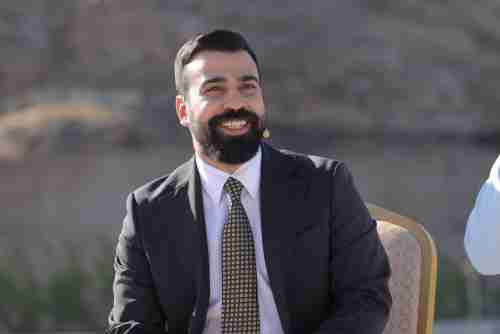
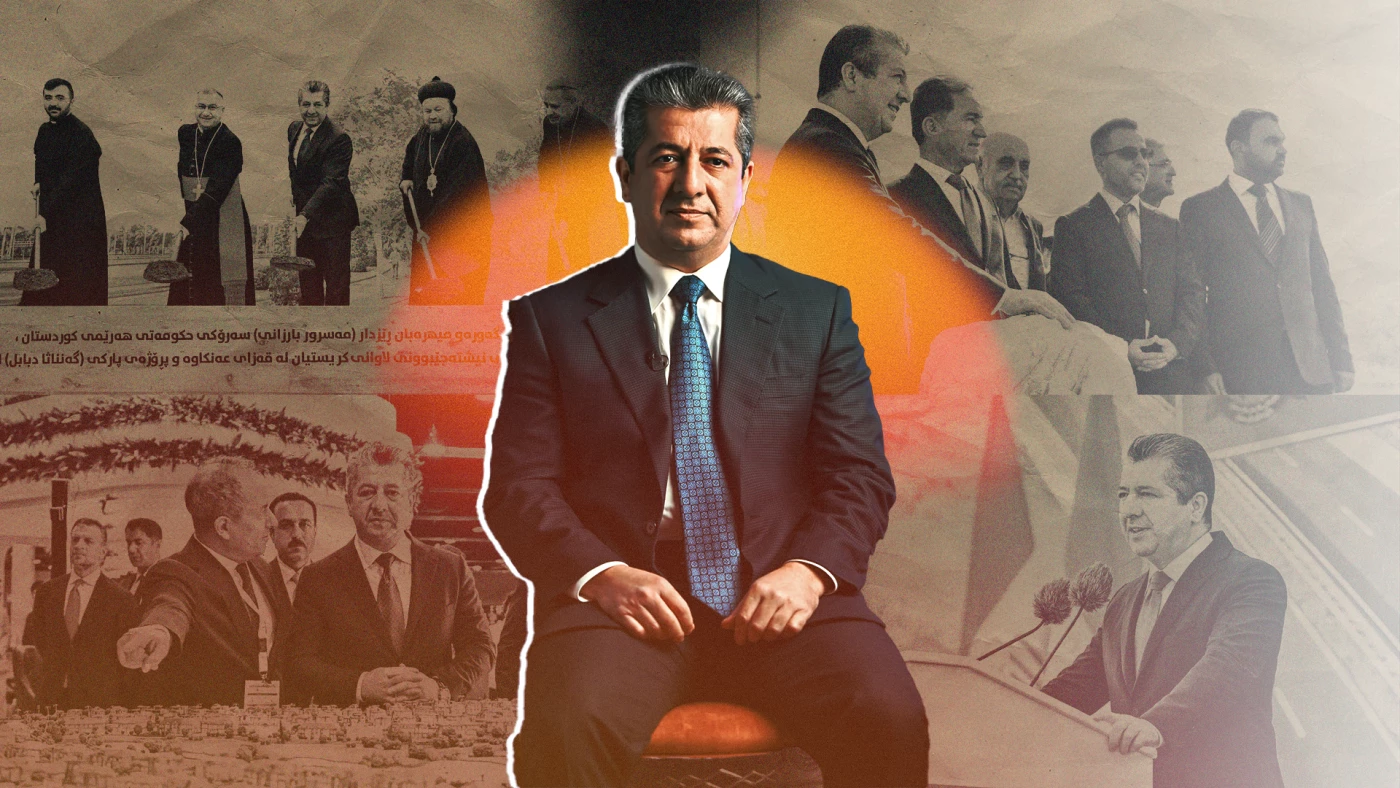
 Facebook
Facebook
 LinkedIn
LinkedIn
 Telegram
Telegram
 X
X
